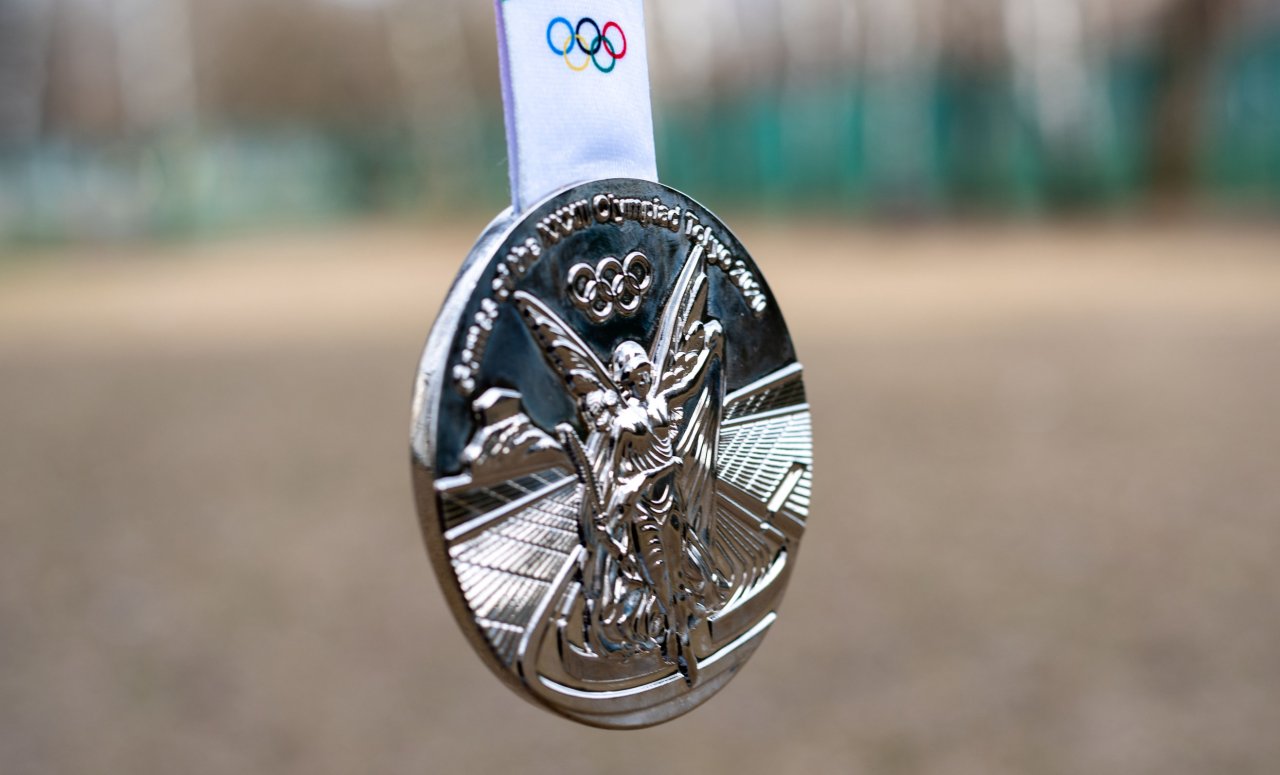
North Korea has been banned from the upcoming Beijing Winter Olympics as punishment for skipping the Tokyo Games this summer, thwarting Seoul’s hopes of using the occasion as an opportunity for rapprochement with the reclusive regime.
International Olympic Committee President Thomas Bach on Wednesday announced that the North’s national Olympic committee would be suspended from the IOC until the end of 2022 as a result of the regime’s “unilateral decision” to not participate in the Tokyo Olympics, which ended last month.
“They were violating the Olympic Charter and did not fulfill their obligation as stated in the Olympic Charter to participate,” Bach told a press conference after an IOC executive board meeting, noting that North Korea’s was the only one of over 200 national organizing committees not to participate in the Tokyo Olympics.
In addition to being barred from the Beijing Games, which are slated for Feb. 4-20, 2022, the IOC said the North would be blocked from any financial support from the IOC during the period of suspension. Pyongyang’s funds had already been withheld due to international sanctions.
Pyongyang in April decided not to attend the Tokyo Olympics, citing COVID-19 concerns. The last-minute decision was a disappointment for Seoul, which hoped the Olympics could provide an opportunity for dialogue with North Korea beyond sports, replicating the success of the 2018 PyeongChang Winter Olympics.
With Pyongyang dropping out of the Tokyo Games and South Korean President Moon Jae-in deciding not to attend the ceremony amid strained ties with Japan, Seoul was pinning its hopes on the Beijing Games to initiate an Olympic truce.
The IOC, however, didn’t completely close the door on Pyongyang, with Bach saying individual athletes who qualify to compete in Beijing could still be accepted in a separate decision in the future.
This means North Korean athletes might be able to attend the competition, but not under their own flag or anthem, similar to the situation facing Russian athletes at the recent Tokyo Olympics, where the country’s national symbols were prohibited over a notorious doping scandal.
But it is uncertain whether Pyongyang would send any athletes even if this were allowed.
A Unification Ministry official on Thursday declined to comment on the IOC’s decision, but stressed that the government would continue to seek opportunities for peace on the Korean Peninsula through the Olympics and other international sporting events, as agreed between the leaders of the two Koreas.
North Korea’s participation in the Olympics in 2018 was a sudden about-face after a year of nuclear and missile tests by the communist nation that raised tensions on the peninsula. It was in Pyeongchang that the two Koreas fielded a unified team for the first time in Olympics history, in women’s ice hockey. The athletes from the South and the North also marched together under a flag depicting the peninsula in blue, representing a unified Korea, in the opening and closing ceremonies.
The Olympics initiated a detente between Pyongyang and the rest of the world, and the North’s high-ranking delegates to Pyeongchang included Kim Yo-jong, North Korean leader Kim Jong-un’s powerful sister, who became the first member of the ruling Kim family to set foot in the South since the end of the Korean War 1950-53.
The Olympic truce eventually led to three historic inter-Korean summits between Moon and Kim, and also the Singapore summit between US President Donald Trump and Kim, which marked the first-ever meeting between the leaders of the US and North Korea.
But since the collapse of the Hanoi summit between Trump and Kim in February 2019, diplomatic efforts toward denuclearization have been at a stalemate.








![[KH Explains] Hyundai's full hybrid edge to pay off amid slow transition to pure EVs](http://res.heraldm.com/phpwas/restmb_idxmake.php?idx=644&simg=/content/image/2024/04/18/20240418050645_0.jpg&u=20240419100350)







![[From the Scene] Monks, Buddhists hail return of remains of Buddhas](http://res.heraldm.com/phpwas/restmb_idxmake.php?idx=652&simg=/content/image/2024/04/19/20240419050617_0.jpg&u=20240419175937)

![[KH Explains] Hyundai's full hybrid edge to pay off amid slow transition to pure EVs](http://res.heraldm.com/phpwas/restmb_idxmake.php?idx=652&simg=/content/image/2024/04/18/20240418050645_0.jpg&u=20240419100350)

![[Today’s K-pop] Illit drops debut single remix](http://res.heraldm.com/phpwas/restmb_idxmake.php?idx=642&simg=/content/image/2024/04/19/20240419050612_0.jpg&u=)